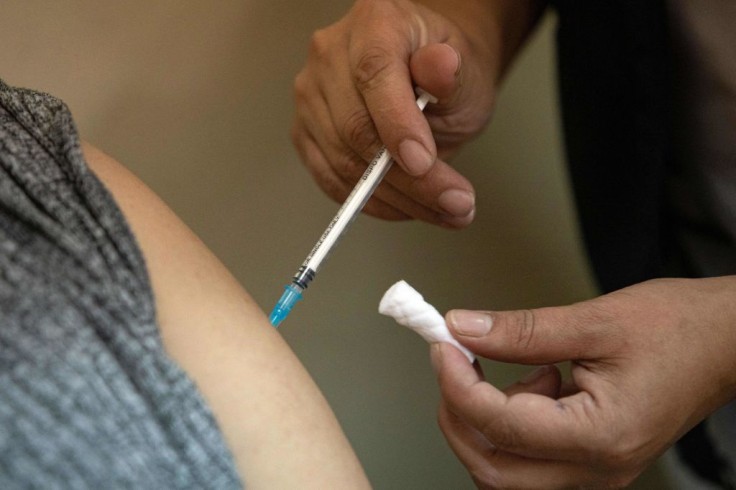
Omalizumab (marketed as Xolair by Genentech) has received a mandate from the US Food and Drug Administration (FDA) to lessen allergic reactions to food in adults and the majority of children.
The treatment is designed for regular use by individuals with food allergies to decrease the likelihood of reactions, including anaphylaxis, in the event of unexpected risk to one or more allergens. It's essential to note that this injection is not allowed for the emergency treatment of allergic reactions.
First Medication for Individuals with Food Allergies
Genentech announced on Friday that the U.S. Food and Drug Administration has authorized Xolair as the first and only medication for individuals with one or more food allergies, based on conclusive data from the Phase III OUtMATCH research.
The research disclosed that a remarkably greater proportion of food allergy patients, including those as young as 1 year, treated with Xolair could accept small amounts of peanut, milk, egg, and cashew without encountering an allergic reaction compared to those on a test substance.
Dr. Larry Tsai, VP and global head of respiratory, allergy, and infectious contagious product improvement at Genentech, expressed personal implication in the FDA approval, both as a physician and as a parent of a child with food allergies.
Dr. Levi Garraway, Genentech's chief medical officer, displayed the approval's effect, building on two decades of patient acquaintance and an established adequacy and security profile since Xolair's initial approval for allergic asthma.
The promising results from the studies in late December led to optimism regarding FDA approval for the use of Xolair in treating allergies, particularly in children.
Genentech and Novartis had initially announced the FDA's prioritized review of the application for using Omalizumab (marketed as Xolair) in cases of accidental exposure to allergenic foods.
Despite the need for further research and potential FDA approval, the small study, combined with earlier research, suggests that Xolair could help prevent allergic reactions in people with multiple food allergies, particularly anaphylaxis.
The ongoing federally funded trial, backed by the National Institute of Allergy and Infectious Diseases, is set to conclude in 2026.
Read Also: Breakthrough RSV Vaccines for Infants, Seniors Face Uneven Uptake Amidst Supply Chain Woes
FDA Approval on the Availability of Xolair
Dr. Garraway emphasized the limited treatment advances for food allergies, and the ongoing trial aims to address this gap, with a hope to make Xolair available to a broader population dealing with food allergies in the U.S.
Preliminary data from the trial showed positive outcomes, indicating Xolair recipients could consume more foods without triggering allergic reactions compared to those on a placebo.
While awaiting FDA approval expected in the first quarter of 2024, Xolair, if approved, would be the first medication to reduce allergic reactions to multiple foods following accidental exposure.
Dr. Tsai, acknowledging the consistent concern for parents of children with food allergies, sees the study results as a promising act towards providing new remedy options for both children and adults impacted by food allergies.
Markedly, the Xolair medicine, available since 2003, has been used to administer constant hives and constant rhinosinusitis with nasal polyps.
The cost of Xolair differs depending on indication, dose, frequency, weight, and serum IgE levels, with a monthly cost of $3,663 for those with allergic asthma.
As per the 2021 statistics from the US Centers for Disease Control and Prevention, nearly 6% of individuals in the United States had a food allergy that had the possible to produce a life-threatening reaction.
Health authorities affirm that there is currently no cure for food allergies.
Living with food allergies can be particularly demanding for individuals and their families, notably when dealing with occasions such as children's birthday parties, school lunches, and holiday dinners with friends and family, notes Kenneth Mendez, president and CEO of the Asthma and Allergy Foundation of America.
With the developing pervasiveness of food allergies, this progress brings hope to diverse children and adults who may find a new means to take care of their food allergies.
Related Article: Affordable Healthcare Leap: FDA Approves Florida's Canadian Drug Importation Initiative